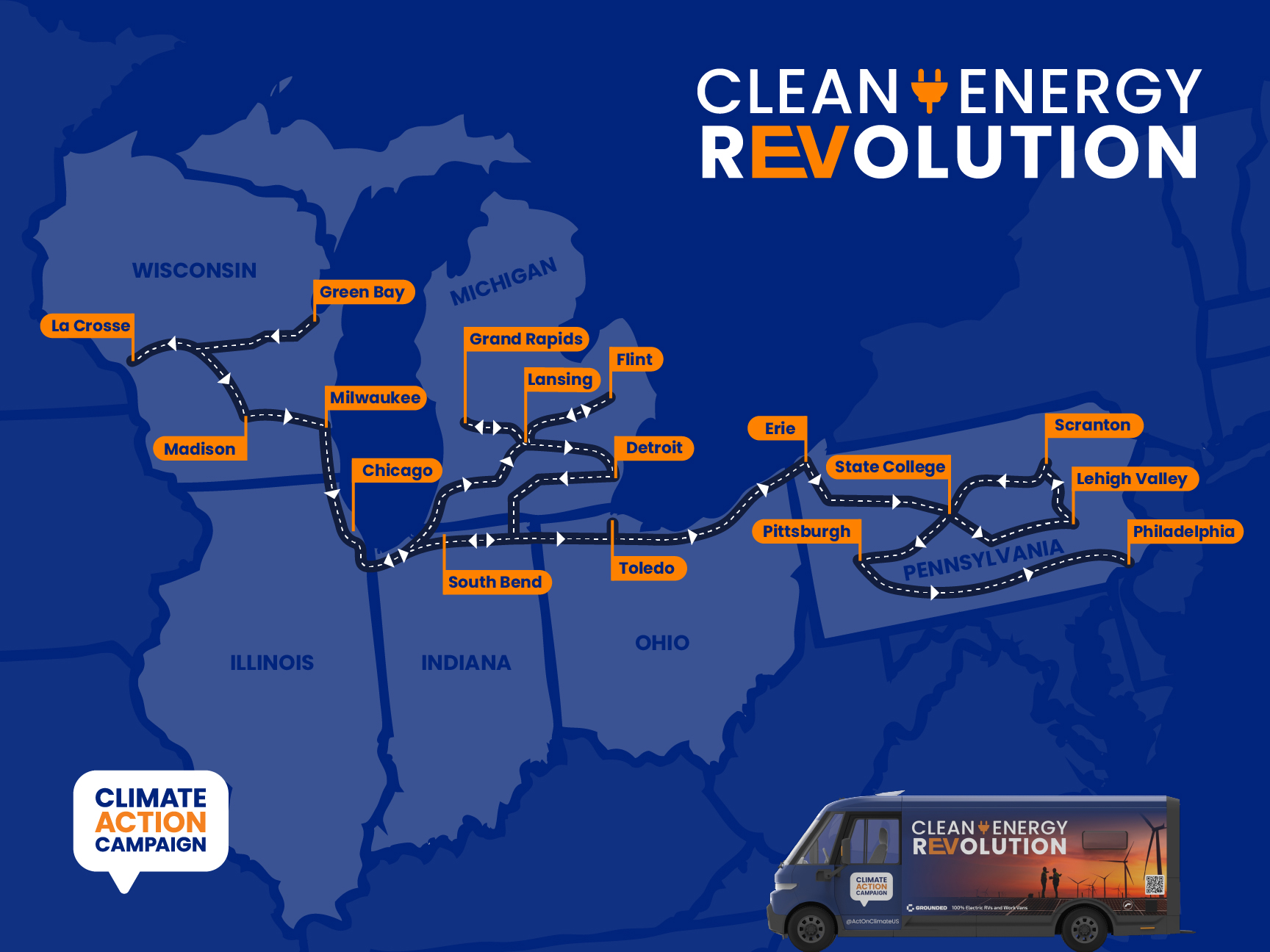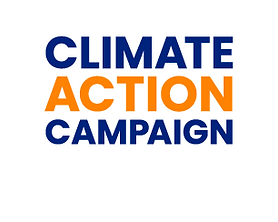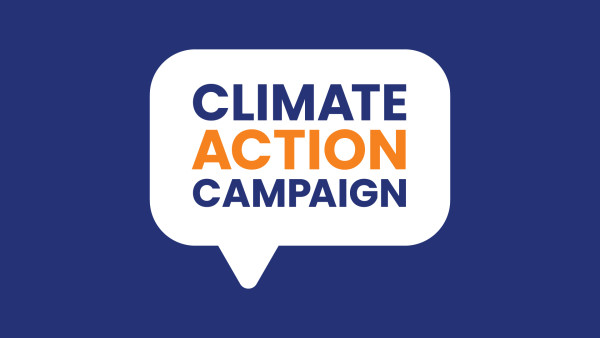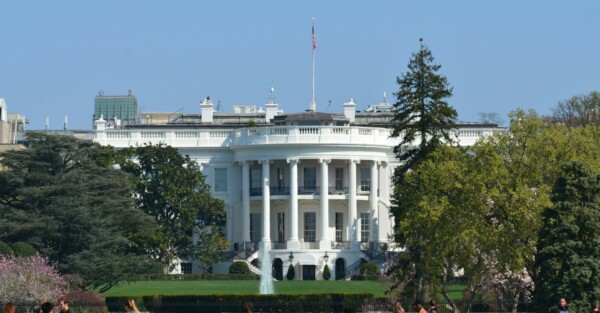In the face of unprecedented extreme weather, climate champions call for action

FOR IMMEDIATE RELEASE: AUGUST 20, 2024
Contact: Gabrielle Levy, Glevy@cacampaign.org, (562) 673-6974
In the face of unprecedented extreme weather, climate champions call for action
Rep. Kathy Castor & Hon. Ali Zaidi (in personal capacity) join leading climate groups focused on solutions to the climate pollution fueling extreme weather
CHICAGO-Climate change is driving up the frequency and severity of extreme weather and sticking Americans with more severe damage and a bigger price tag every year.
“We’re here because as each day passes, climate-fueled extreme heat, floods, and fires become more severe, more damaging, more costly, and more deadly,” said Rep. Kathy Castor, D-Fla. “We must continue our historic progress to lower the costs and impacts of the climate crisis – building on the Biden Clean Energy Plan and strong Solutions For Pollution to safeguard Floridians and all Americans.”
Today in Chicago, just blocks from where Democrats are gathering to celebrate their presidential nominee, climate leaders gathered to note the Biden administration’s progress combating the climate crisis and to point out the need to do more as extreme weather continues to ravage communities from California to Florida and Texas to Illinois.
Already in 2024, 19 billion-dollar climate disasters have inflicted $49.6 billion in damage – a pace set to exceed 2023’s record of 28 billion-dollar disasters and $94.8 billion in damage.
Last time the convention was held in Chicago, 28 years ago in 1996, there were only 5 such events totalling $23 billion. Without significant cuts to climate pollution, the next three decades will see these kinds of climate disasters become increasingly frequent, severe, and deadly.
“If we don’t continue to tackle the climate crisis by slashing climate pollution that exacerbates extreme heat and other extreme weather and by expanding clean energy, some day in the future Chicago may no longer be called the ‘Windy City,’ but it might be called the ‘Melting City.’ This could be the last presidential convention here if we don’t act quickly and boldly on climate,” said Margie Alt, director of the Climate Action Campaign.
Extreme weather events that result in significant damage are becoming more frequent and more costly. And the United States is especially vulnerable: Eight of the worst 10 climate disasters in the past two decades have taken place in the U.S.
The hurricanes, wildfires, tornadoes, heat, and other extreme weather events caused by climate change that have already occurred in 2024 are putting us on pace for another record-breaking year.
The Biden administration has made historic progress fighting climate change. Since the passage of the Inflation Reduction Act on August 16, 2022, companies have announced or advanced 646 new clean energy projects, creating 334,565 new jobs and driving $372 billion in new investments across 47 states and Puerto Rico, according to Climate Power’s Clean Energy Boom Report.
The Biden administration has finalized more than a dozen Solutions for Pollution standards that cut carbon pollution and other dangerous pollution from power plants, cars, trucks, buses, and other industrial sources and it secured the passage of the Clean Energy Plan that delivered the largest investment in climate in history.
“Over the last three and half years, the U.S. manufacturing industry has boomed, private clean energy investment has accelerated, and we’ve started to reduce our exposure to the serious economic risks posed by climate change,” said the Hon. Ali Zaidi (personal capacity), former chairman of climate policy and finance for New York and former Obama administration advisor. “We need a sustained focus on growing our economy, making it fairer and more resilient. We are at our best when everyone – in every zip code – has a shot to make it into the American middle class and live in a healthy and thriving community.”
Investments in Climate Smart Agriculture have helped farmers across the country reduce emissions and improve climate resilience, and programs such as the Greenhouse Gas Reduction Fund and Solar For All have helped put the United States on track to cut climate pollution and ensure access to clean and affordable energy especially for those communities that have traditionally been overburdened by pollution. The package of standards to cut carbon is drastically cutting carbon, coal ash, mercury, wastewater and other toxic pollution from power plants with enormous benefits for public health and the environment.
Yet, there is much more to do in order to protect Americans from extreme weather. Additional federal investments must be matched with private capital, and new policies to cut climate pollution, including from gas-fired power plants, and to accelerate the growth of renewable energy are necessary to build on the progress of the Clean Energy Plan.
“The progress in fighting climate change under the Biden administration has been truly historic, but our future depends on what we do next,” said David Kieve, president of EDF Action. “Even with the administration’s climate leadership, there is still more to do, including fully embracing a clean energy future that brings us clean tech, clean cars, and clean jobs – and the clean air and water that come with them. This is our moment to move forward – the climate pollution and extreme weather we are collectively working to combat make the stakes clear. We’re in a moment of extraordinary opportunity to create a future where people are protected from the impacts of climate change.”
2024 in Extreme Weather
- Hurricane Beryl was the earliest Category 5 hurricane in the Atlantic on record and the strongest hurricane by wind speed in the month of July, causing an estimated $6 billion in damages. Exceptionally warm ocean temperatures caused by climate change are fueling more frequent and intense hurricanes every year.
- The Park Fire is already the fourth-largest in California history, burning territory approximately the size of Los Angeles. As of August 17, almost 5.5 million acres have burned so far this year across the U.S. Climate change creates warmer, drier conditions, and more severe droughts combined with a longer fire season are increasing wildfire risk. Almost a month after it started, the fire is just 50% contained.
- In many parts of the U.S., 2024 is on pace to be the hottest summer on record, with four of the hottest days ever measured occurring in the same week in late July. Heat is the deadliest form of extreme weather, with the number of heat-related fatalities increasing each year, with climate change to blame for increased numbers of extreme heat days and heat waves.
- Cold snaps and storms in mid-January broke nearly 2,500 daily county minimum temperature records. High winds, snow, and ice that dropped wind chills well below zero led to at least 60 deaths, mostly in Tennessee, Oregon, and Washington and caused $3.8 billion in damage. Warmer air caused by climate change holds more moisture that can turn into extreme snowfall, while research suggests warming in the Arctic is destabilizing the polar vortex, leading to periods of extreme cold.
About CAC
Climate Action Campaign (CAC) is a vibrant coalition of advocacy organizations working together to drive ambitious, durable federal action to cut carbon pollution, address the climate crisis, advance environmental justice, and accelerate the transition to clean energy. Our goal is to reduce carbon pollution and accelerate the transition to clean energy through policies focused on climate, justice, and jobs and expanding opportunity for all.



